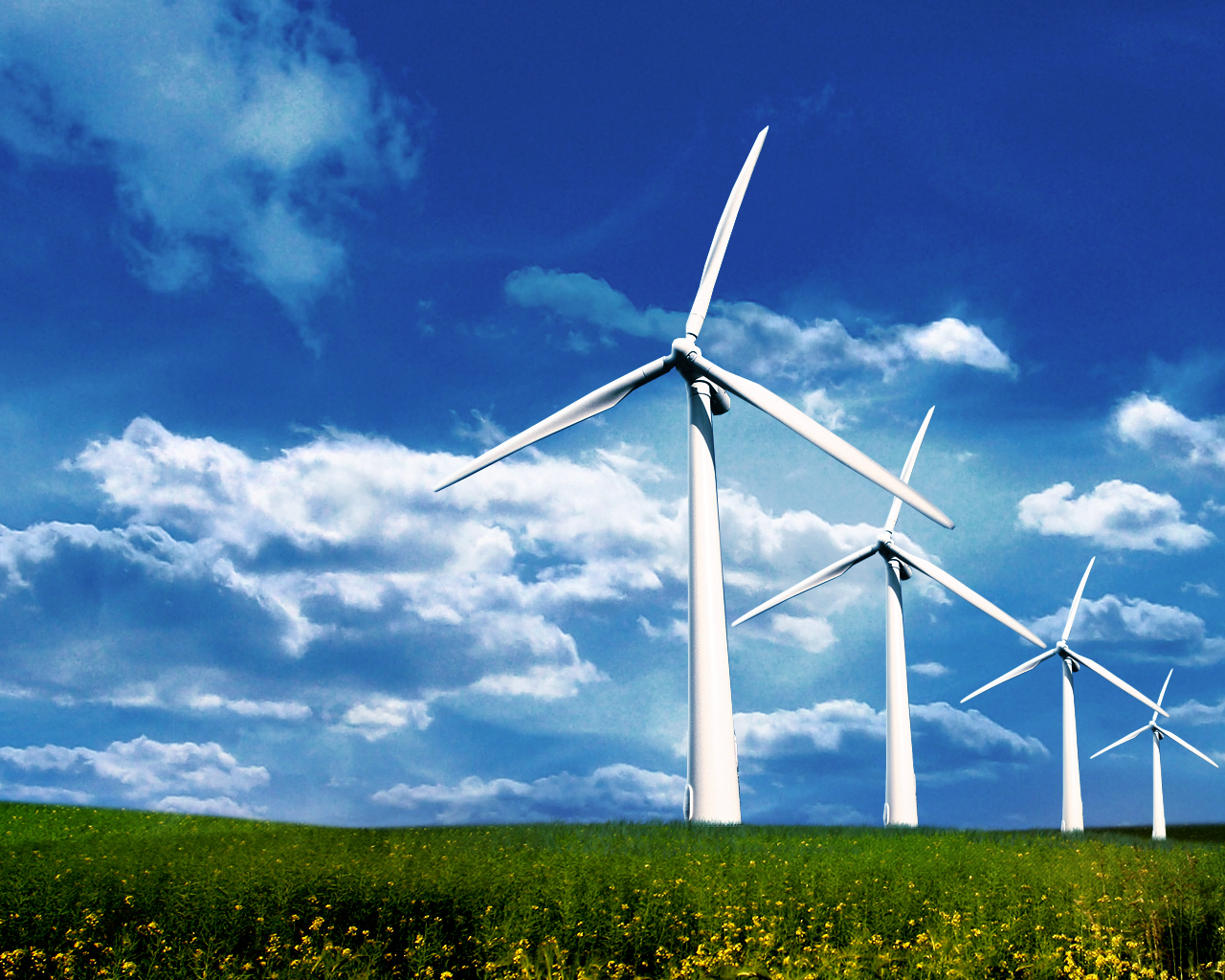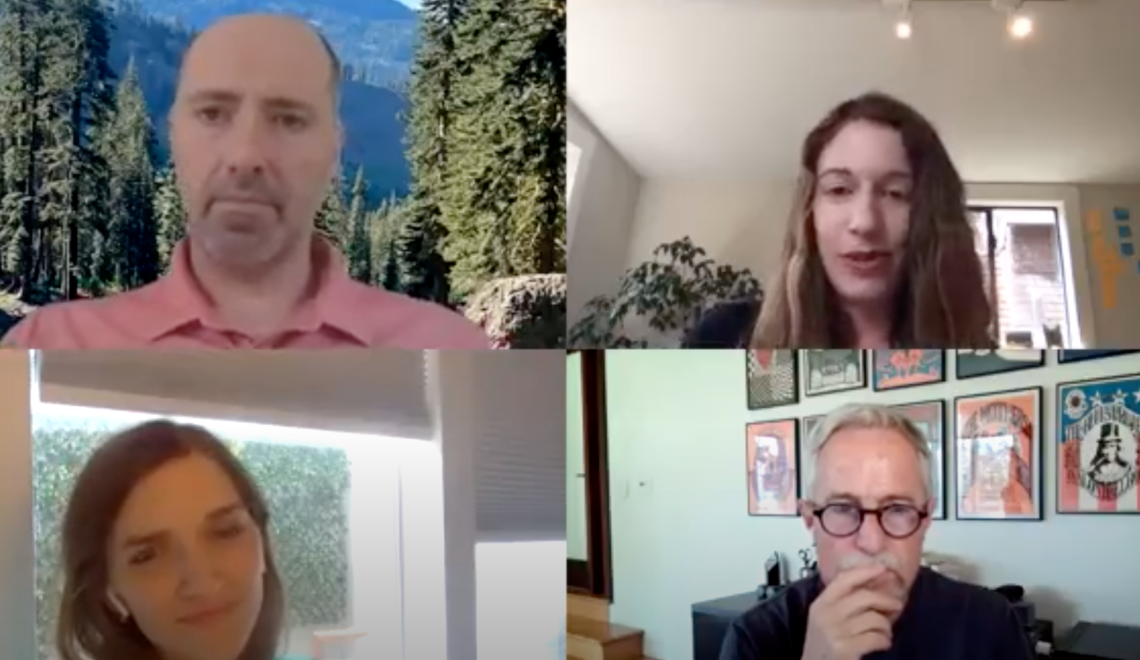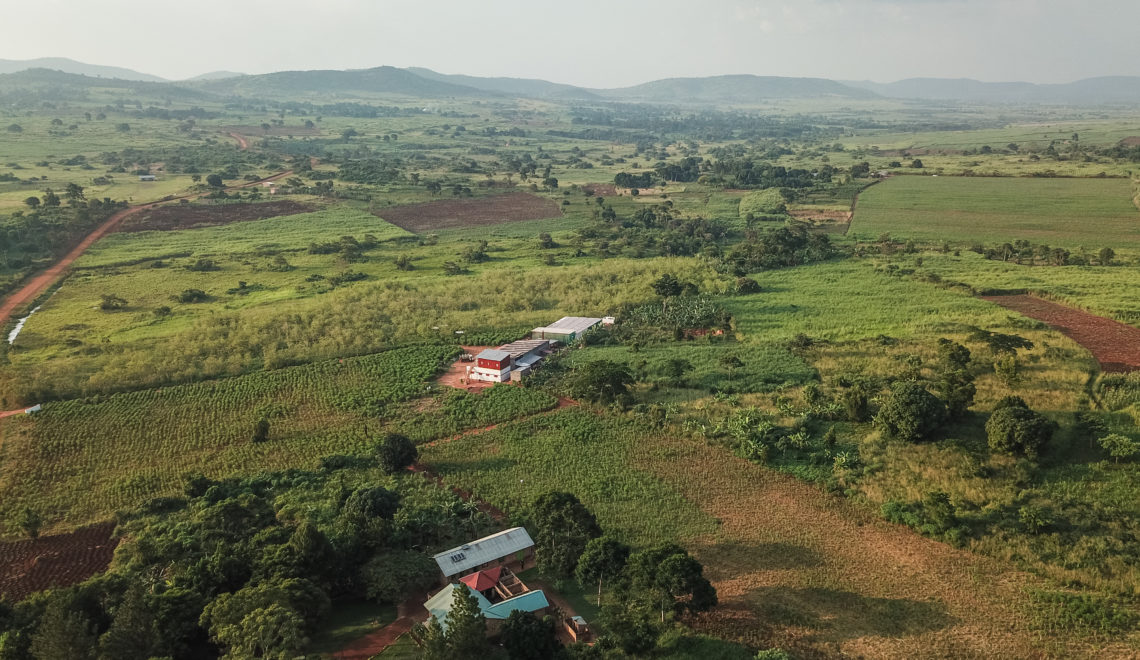
With the threat of climate change growing every year, and issues like fossil fuel divestment and the Keystone XL decision moving to the forefront of news headlines, it is hard to relate our individual lives to large global trends like rampant resource depletion and changes in OPEC. But it’s important to remember that in any market, the underlying power lies in the hands of consumers. Without our demand for gasoline in our vehicles, or coal-heated homes, fossil fuel companies wouldn’t be profitable or even viable. It’s time to take matters into our own hands. Here are 5 ways that you can reduce your dependence on fossil fuels starting today:
1) Bike More, Drive Less
Oil prices may be cheap now, but markets fluctuate. A great way to avoid being dependent on global oil market trends is to use less fuel by driving less. It’s cheap, healthy, and good for the environment!
2) Get a Home Energy Audit
An audit will pinpoint the leaks and inefficiencies in your house, which you can often fix quickly and cheaply by caulking and insulating. Auditors may also recommend new clean energy technologies that can make your home more energy efficient and sustainable. As an added incentive, these audits are often free of charge and if you do decide to take action to green up your home, there are usually additional state-sponsored incentive and rebate programs.
The US Department of Energy and the North Carolina Clean Energy Technology Center have even teamed up to provide American citizens with a country-wide “Database of State Incentives for Renewables and Efficiency (DSIRE).”
3) Install Solar Panels
The price of solar is declining, and outfits like Solar City help make this option affordable. If you generate more energy than you use, you can sell it back to your local provider and get paid instead of paying them for your energy use. Again, there are many incentive and rebate programs that make going solar that much cheaper. According to the Solar Energies Industry Association, in 2014, 36% of new electric capacity came from solar!
4) Buy Local
This applies to everything from food to furniture to arts and crafts. Buying from big chain stores often means that the products were made far away, and used fossil fuels to transport them to you. Buying local is a great alternative.
5) Offset the Rest
For any carbon-intensive activities that you can’t change or convert to renewables, like plane flights, consider offsetting your carbon emissions. One of the best offset program is Terrapass, and you can access their website here.
Featured Image:
http://c1cleantechnicacom.wpengine.netdna-cdn.com/files/2014/04/wind-turbines17.jpg
References:










